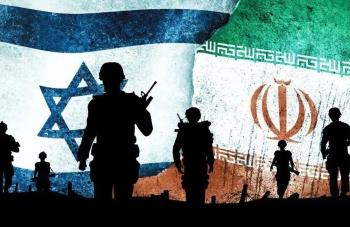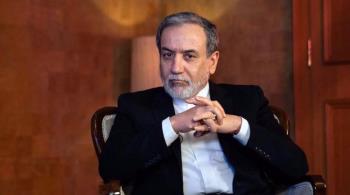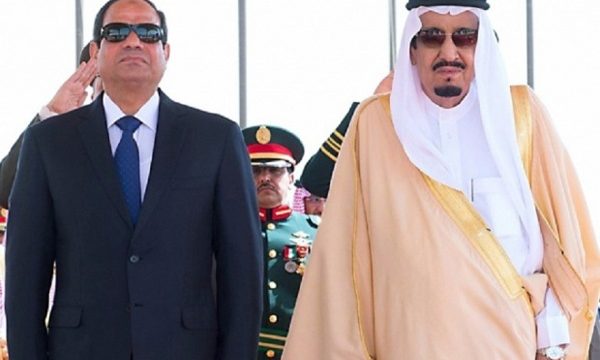Alwaght- Saudi-Egyptian ties have deteriorated further after Saudi Arabian Oil Co. Aramco halted shipments of oil products to Egypt for the second month consecutively.
After Egypt recently voted in favor of a Russian-backed draft resolution in the UN Security Council on Syria, which was opposed by Saudi, ties between Cairo and Riyadh worsened.
Early October, Aramco informed the Egyptian General Petroleum Corp. that it would suspend supplies of refined oil products. This compelled Egypt to buy oil from new suppliers at higher prices. On Monday, Egypt’s Minister of Oil Tarek El Molla said that Aramco had suspended its shipments of oil products to Egypt until further notice. Aramco had agreed earlier this year to provide Egypt with 700,000 metric tons of refined products each month for five years in an arrangement valued at about $23 billion.
“They did not give us a reason. They only informed the authority about halting shipments of petroleum products until further notice,” an unnamed Egyptian official told Reuters.
According to Reuters, El Molla confirmed to reporters in Abu Dhabi, where he was attending an energy summit, that Aramco has indefinitely suspended the shipments.
Aramco’s suspension has come amid rising tensions between Egypt and Saudi Arabia, who have always had strong diplomatic ties, especially after the military instigated coup that led to the ouster of Muslim Brotherhood-backed president Mohamed Morsi in 2013. Since then, the Saudi regime has funneled billions of dollars worth of aid into Egypt’s economy.
Egypt pursues independent policy on Yemen, Syria
Ties between Cairo and Riyadh became tenser over opposing views on the situation in Syria. The tension came to a head when Egypt, which represents the Arab bloc in the United Nations Security Council, voted for rival French and Russian resolutions aimed at ending hostilities in Syria.
On the fate of Syrian President Bashar Al Asssad, the Saudi regime demands that Assad must be ousted from power by all means. This is while Egypt believes that Syrians have to decide their own fate devoid of foreign interference.
Saudi regime officials had hoped that their massive financial assistance to Egypt would push Cairo into dropping its independent stances in the region. Egypt flatly refused to back Saudi regime's current adventurous and dangerous policies in the region and has decided to fill the gap left by Aramco through oil purchases from Iraq, Kuwait and latterly Iran.
There are unconfirmed reports that Egypt's Oil Minister Tarek El-Molla is expected in Tehran to meet his Iranian counterpart Bijan Namdar Zanganeh.
Iran severed its diplomatic ties with Egypt after the victory of the 1979 Islamic Revolution and therefore a visit by an Egyptian minister to Tehran will be a turning point in the ties between the two countries.
During the October international talks on Syria in Lausanne Iran agreed to attend only once it had secured places for the foreign ministers of Egypt and Iraq at the discussions. Both countries back the pro-Assad stance of Iran but Egypt is seen as significant because its high status in the Arab world.
Saudi OIC chief mocked Egyptian President
Another diplomatic spat was sparked recently by a Saudi Arabian secretary general of the Organization of Islamic Cooperation (OIC) who was forced to resign after mocking Egypt’s President Abdel Fattah el-Sisi.
The OIC’s Secretary-General Iyad Madani, who stepped down last week, had made remarks bearing seeming intentionality to deride Sisi while speaking to Tunisian President Beji Caid Essebsi at a conference last week.
In earlier remarks, Sisi had told a youth conference that “his fridge only had water in it for a decade,” in what was apparently meant to convey a message of tolerance to the youth at a time of economic hardship. The remark by the Egyptian president was, however, widely ridiculed.
In his remarks to the Tunisian president, Madani said he was sure Essebsi’s “fridge has more than water.” Before saying that, he also addressed the Tunisian head of state with Sisi’s last name in what appeared to be a slip of tongue.
The ties between Saudi Arabia and Egypt are expected to experience more turbulence ahead due to their divergent policies and conflicting interests in the volatile West Asia region.



























